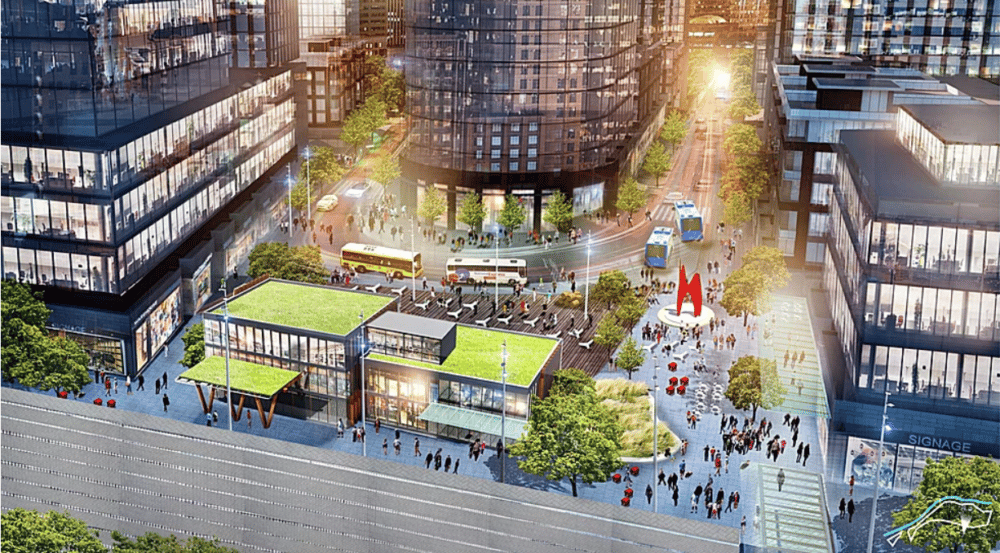Denver's City Council is considering requiring affordable housing plans from developers with ambitions for the part of town that now hosts Elitch Gardens.
Such plans are currently optional but often part of development projects in Denver. The affordable housing requirement was outlined by principal city planner Abe Barge at a meeting Tuesday of the City Council committee on land use -- read, zoning -- transportation and infrastructure. Barge said the developer behind the most ambitious project for the plot known as Central Platte Valley-Auraria already has an affordable housing plan that would fit the proposed requirement.
Rhys Duggan, whose Revesco company owns Elitch Gardens and surrounding parking lots, envisions a dense neighborhood of high rises and parks along the South Platte River west of downtown that would be developed over 25 years. Duggan's River Mile project would transform an area that, as sketched on a map, looks like a watch cap atop the Auraria education campus. It is bounded to the east by LoDo and downtown and to the west and north by Highland and Jefferson Park.
Revesco owns close to 60 acres in the area. The proposed affordable housing requirement would be for large high-rise projects -- defined as those on at least five acres and comprising at least 500 units and spread out in phases.
At Tuesday's meeting, Barge said developers have expressed concern that requiring something that is now optional would constrain their ability to negotiate with the city. Councilman Wayne New was wary.
"I just don't want this to be another impediment to development," New said.
Barge described the change, which would require amending the city code, as aimed at increasing transparency and predictability and ensuring affordable housing is built for people at a range of income levels, including those earning less than 30 percent of the area's median income.
"It's in our best interest as a city to actually agree to plans that are workable to both" business and the city, Barge said. "Because we won't meet our affordable housing objectives if development doesn't proceed."
The proposal Barge outlined also would tweak rules that have since 2016 required builders of new developments anywhere in the city to either include affordable units or pay a fee into an affordable housing fund. The amount of fees or number of units is based on a proposed development's square footage. In Central Platte Valley-Auraria, it's proposed that high rises would in addition have to include a number of affordable units or pay other fees based on how many stories over five floors were being built.
The proposal the land use committee heard Tuesday will be part of the broader discussion when City Council holds a public hearing and vote on a zoning code text amendment that, if approved, would open the way for development of River Mile. That hearing is scheduled Dec. 17.












